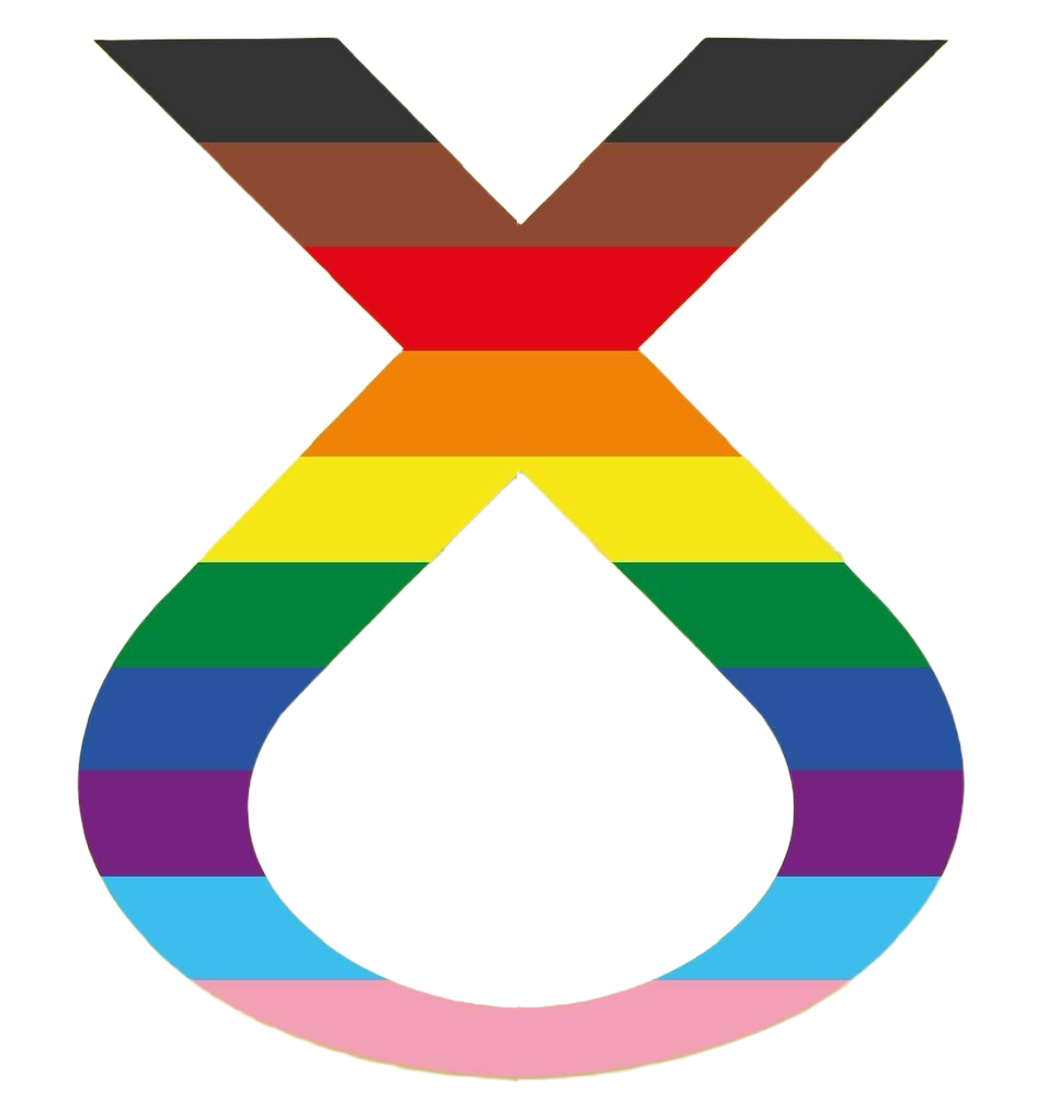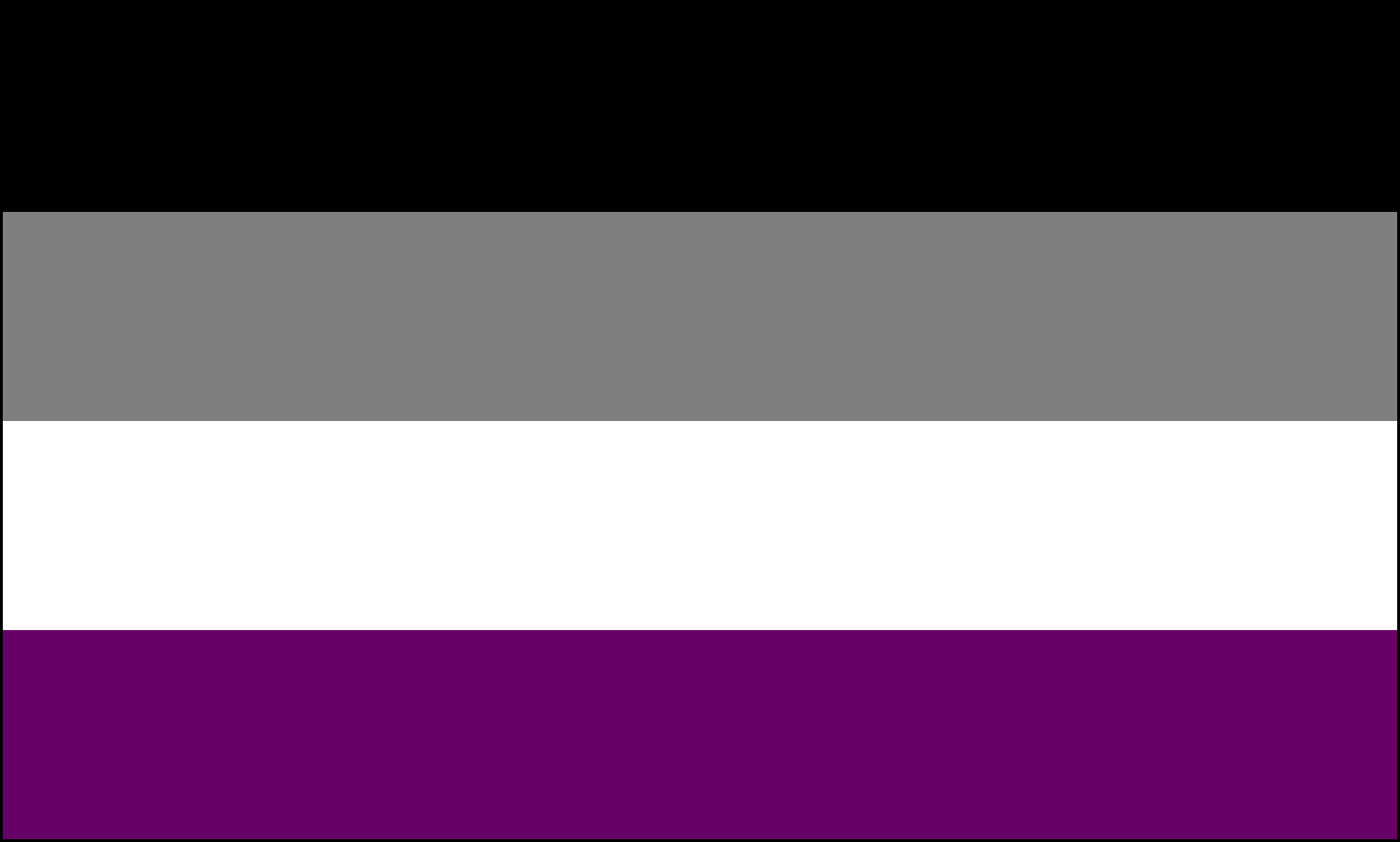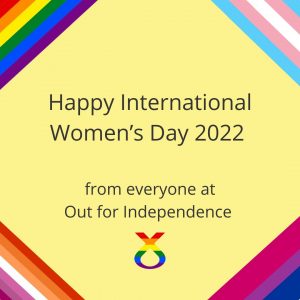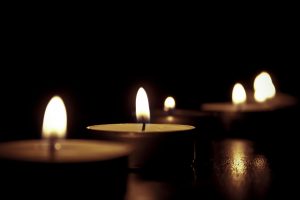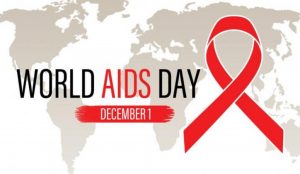International Asexuality Day is celebrated each year on the 6th April. The day has four themes: advocacy, celebration, education and solidarity. Asexuality, and other labels under the asexual umbrella (these are often similar to those on the aromantic spectrum) are still often forgotten about in society and in queer advocacy too.
Asexuality is the lack of sexual attraction towards others. It does not mean we are just disgusted by the idea of sex (though some asexuals can be), but rather that we do not find people of any gender sexually attractive. Though there are identities on the asexual spectrum where people may find others sexually attractive in rare or limited circumstances, overall the label ‘asexual’ is used to mean lack of sexual attraction, not a dislike of sexual acts.
Advocacy is vitally important going forward to ensure that those of us on the asexual spectrum are fully included in society and in the queer community. Asexual is rarely an option on official forms which ask for one’s sexual orientation – indeed, on this year’s census it was only an option in the “other” box. Many people don’t realise it is an orientation that exists, and there is still a pervasive belief in some sections of society that it is a medical condition which causes low libido. This is a fundamental misunderstanding of what asexuality is, and how asexual people view ourselves.
Some people, upon learning that someone they know is asexual, may feel sorry for that person and think that it means they’re lonely or isolated. But being asexual doesn’t mean you have to be lonely! Some asexual people still desire a romantic relationship even if they don’t want a sexual element; others may be okay with having sex even if they’re not attracted to the person; and still others are happy to surround ourselves with platonic friendships and treasure them all the same. We can celebrate those forms of connection that we do feel, and we’re not ‘missing out’ on sex if we choose not to have it.
It is also important that we continue to educate our communities about asexuality, as all too often young asexuals may feel they are ‘broken’ or feel excluded when their allosexual (the opposite of asexual) peers begin talking about crushes, dating and sex. Many people have never heard of the word asexual, and this can cause all sorts of distress during adolescence. I, personally, believed I had some kind of extremely delayed puberty, until I discovered the label at nineteen! Asexual people are also sometimes threatened with conversion therapy by people who believe it is a libido disorder – including medical professionals.
Finally, as we go forward it is important that the queer community stands in solidarity with asexual people as we continue to fight for recognition, education and the acceptance of our sexuality (or lack of) in a society where sex and romance are so central to many cultures. We’re all in this together; though we may face differences in our struggles, we have more in common than that which divides us, and only together can we all fight for liberation.
